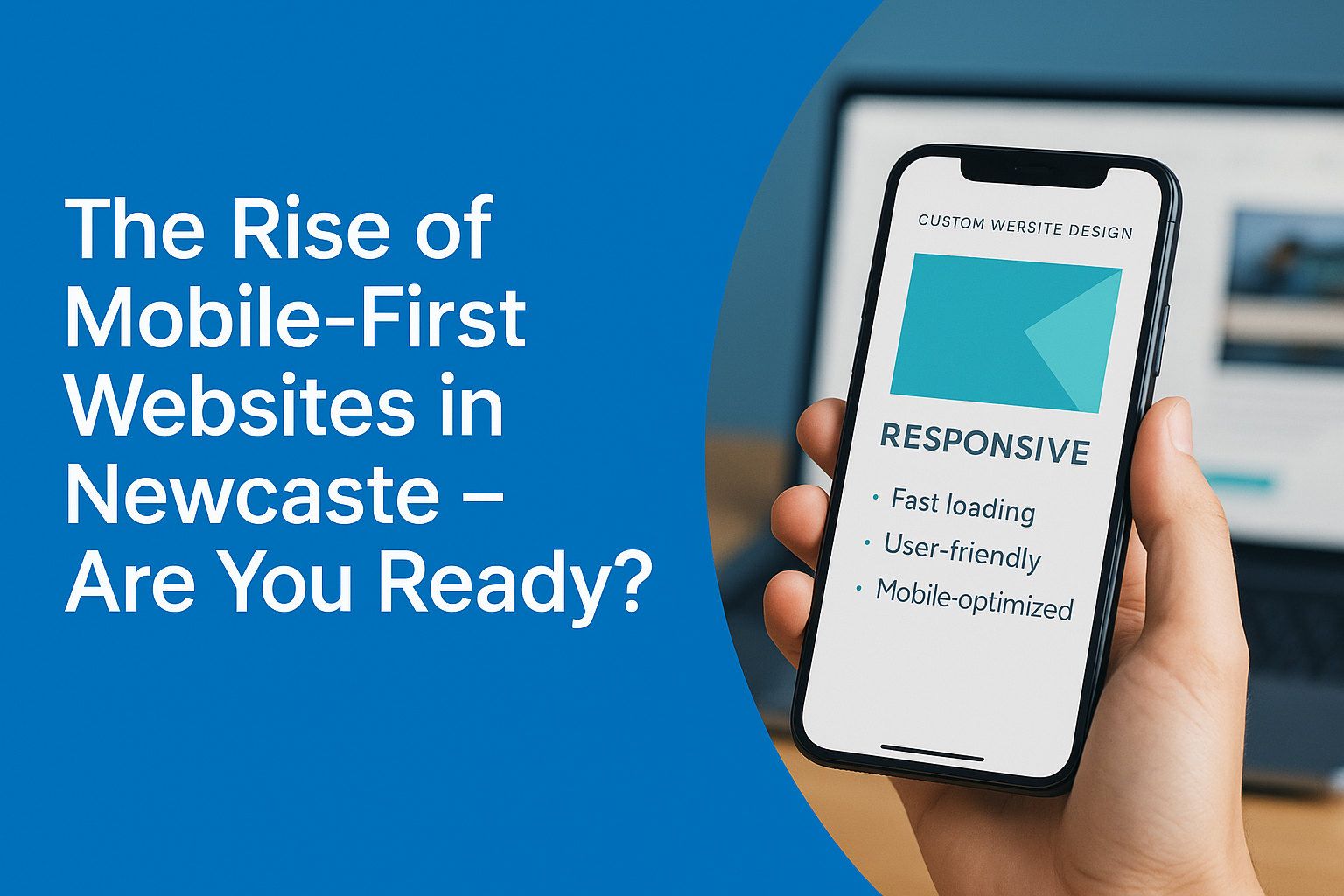- sales@robatodigitals.com
- 124 Westwood Dr, Burnside VIC 3023
Unlock the secrets to a captivating online presence! Explore web development principles for stunning, user-centric websites.

Unlock the secrets to a captivating online presence! Explore web development principles for stunning, user-centric websites.
Search Engine Optimization (SEO) is a dynamic field that constantly evolves with technological advancements and changes in user behavior. As we look ahead, the future of SEO promises to be shaped by emerging trends and innovations. In this article, we explore vital predictions and insights into the future of SEO and how businesses can prepare for the evolving landscape.
Voice Search Dominance:
The rise of voice-activated devices and virtual assistants has significantly impacted search behavior. With the increasing popularity of devices like Amazon's Alexa and Google Assistant, optimizing content for voice search is becoming imperative. Future SEO strategies must focus on conversational keywords and long-tail phrases that align with how users naturally speak.
AI and Machine Learning Integration:
Artificial Intelligence (AI) and Machine Learning (ML) are reshaping the SEO landscape. Search engines leverage these technologies to understand user intent, deliver personalized results, and analyze vast datasets. In the future, SEO strategies will increasingly rely on AI-driven tools for content optimization, predictive analytics, and enhanced user experience.
Mobile-First Indexing:
As mobile usage surpasses desktop, search engines prioritize mobile-first indexing. Google, in particular, has shifted its indexing approach to prioritize mobile versions of websites. In the future, mobile-friendly design and responsive content will be essential for maintaining and improving search rankings.
User Experience as a Ranking Factor:
Google's emphasis on user experience is expected to intensify. Core Web Vitals, a set of user-centric metrics, is already a ranking factor. Page loading speed, interactivity, and visual stability determine a website's search visibility. SEO strategies must prioritize enhancing the overall user experience for better rankings.
Featured Snippets and Zero-Click Searches:
Featured snippets, which provide concise answers to user queries directly in search results, are becoming more prominent. Zero-click searches, where users get the information they need without clicking on search results, are rising. Future SEO strategies will involve optimizing content to secure featured snippets and adapting to the changing landscape of user interaction with search results.
E-A-T and Content Quality:
Google's emphasis on Expertise, Authoritativeness, and Trustworthiness (E-A-T) in content will continue. Establishing authority and credibility in content creation will be crucial for SEO success. High-quality, informative, and authoritative content will remain a cornerstone of effective SEO strategies.
Video and Visual Search Optimization:
Video content is gaining prominence in search results, and visual search capabilities are expanding. Businesses must optimize video content for search engines, utilize video transcripts, and enhance visual elements for better discoverability. Visual search, driven by advancements in image recognition technology, will likely become a mainstream search behavior.
Local SEO and Hyperlocal Targeting:
Local search optimization will continue to be vital for businesses, especially with the increasing use of location-based searches. Hyperlocal targeting, focusing on highly localized areas, will gain significance. Optimizing Google My Business listings, local citations, and locally relevant content will be essential for businesses with a physical presence.
Blockchain for Security and Trust:
The decentralized and secure nature of blockchain technology has the potential to impact SEO, particularly in addressing issues related to data security and trust. Implementing blockchain solutions may become a way to ensure the authenticity of information and enhance user trust, which could indirectly influence search rankings.
Augmented Reality (AR) and SEO:
Integrating Augmented Reality (AR) into search experiences is an emerging trend. As AR becomes more prevalent in e-commerce and online experiences, businesses must explore ways to optimize AR content for search engines, providing users with immersive and interactive search results.
Conclusion:
The future of SEO is dynamic, driven by technological advancements and shifts in user behavior. Businesses that stay ahead of these trends and adapt their SEO strategies accordingly will be well-positioned for success in the evolving digital landscape. From optimizing for voice search and mobile-first indexing to embracing AI-driven tools and prioritizing user experience, the future of SEO promises exciting opportunities for those willing to navigate the changing currents of search engine algorithms and user preferences. As businesses prepare for the future, a holistic and adaptable approach to SEO will be vital to maintaining online visibility and relevance.







